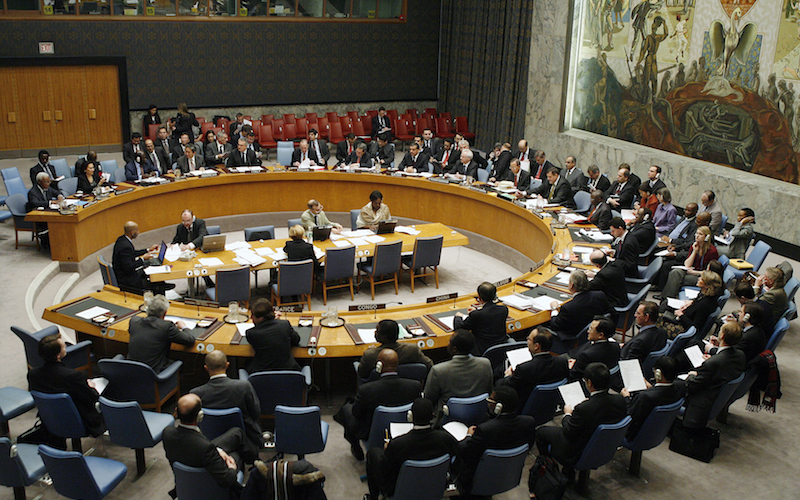
The Question of Effective Peacekeeping Operations
Since the creation of United Nations in 1948, the world has faced both political and humanitarian crisis. One of the most important issue confronting nations in the 21st century is the stabilisation of nations at war and those that have recently experienced war/conflict. To deal with these circumstances, the UN Security Council is equipped to use UN peacekeepers. The UN Security Council monitors the operation’s progress by releasing reports and documents about peacekeeping missions in conflict zones. Since all members have ratified Article 25 of the UN Charter, all resolutions that are passed by the Security Council are implemented.
Peacekeeping operations depend on three fundamentals: consent of parties, impartiality, and non use of force except for defence. Today, peacekeeping operations are not just limited to ensuring peace but they also involve disarmament, demobilization and reintegration of former combatants. They also support the government and at times observe democratic elections followed by the promotion of human rights.
In spite of UN efforts, mechanisms to maintain peace are not 100% successful. This is because these operations take place in conflict regions. A majority of these nations don’t have stable governments and therefore are corrupt and violent.
It is difficult for the peacekeeping operatives on the ground to use force because this invites controversies from nations who do not support UN intervention. They argue that the UN use of force is not only a violation UN ethics but also that these measures contradict the meaning of the program. According to many nations “peacekeeping operations contribute to the suffering of the very people they were mandated to assist.”
To improve UN peacekeeping, various reforms have been introduced, discussed and implemented, thanks to the Brahimi Report of 2001. The document aims to identify and assess the failures of the program by understanding would have’s and could have’s of past peacekeeping operations to ensure that mistakes are not repeated. The report calls for more funds to make operations resourceful and better equipped. Additionally more peacekeeping policies were discussed and drafted so that peacekeepers on the ground have better understanding of the guidelines of the mission. To date this has been one of the most important reforms, however it was widely criticized for unclear mandates. Not long ago the Secretary General issued a zero tolerance policy regarding the sexual exploitation of peacekeepers in the host countries.
No peacekeeping missions have been successful without the help of international agencies. The peacekeeping operations are a global partnership that work side by side with many international agencies such as the African Union, the European Union, the World Bank and the UNDP. With their support the UN Peacekeeping Program is able to maintain and fund 16 active missions with a budget of $7.23 billion, almost 0.5% of world military expenditures.
There is no denying that recent events in Syria and the wider Middle East and parts of Africa have made the international community question the role of peacekeeping.
